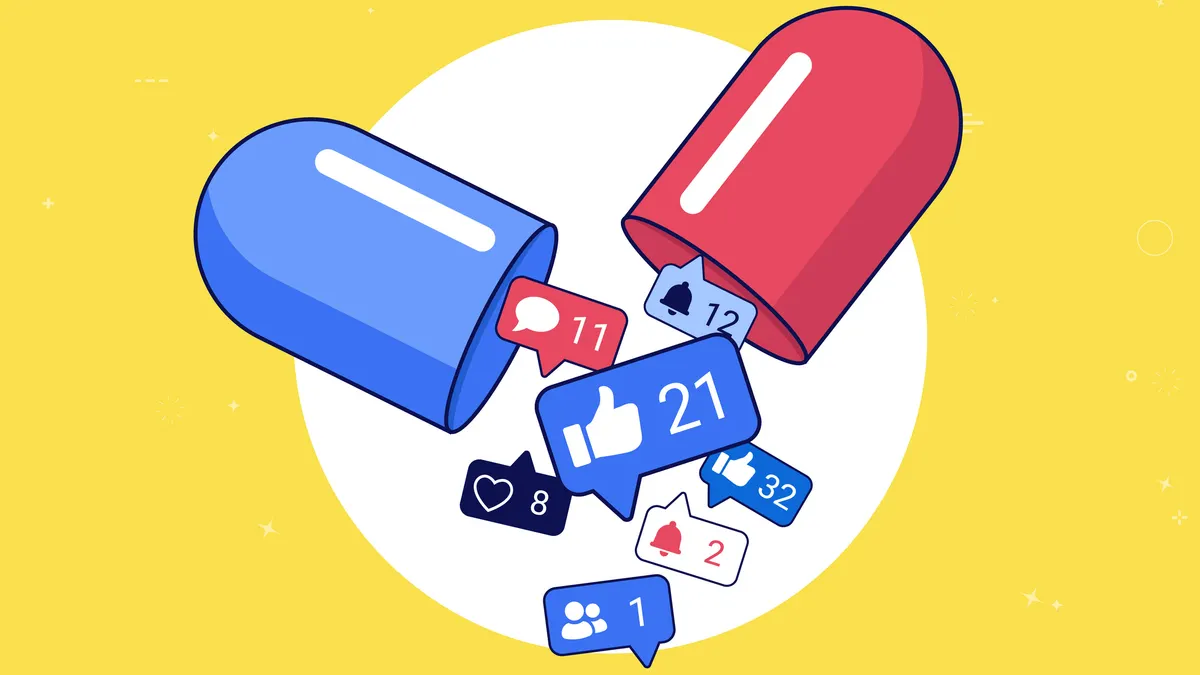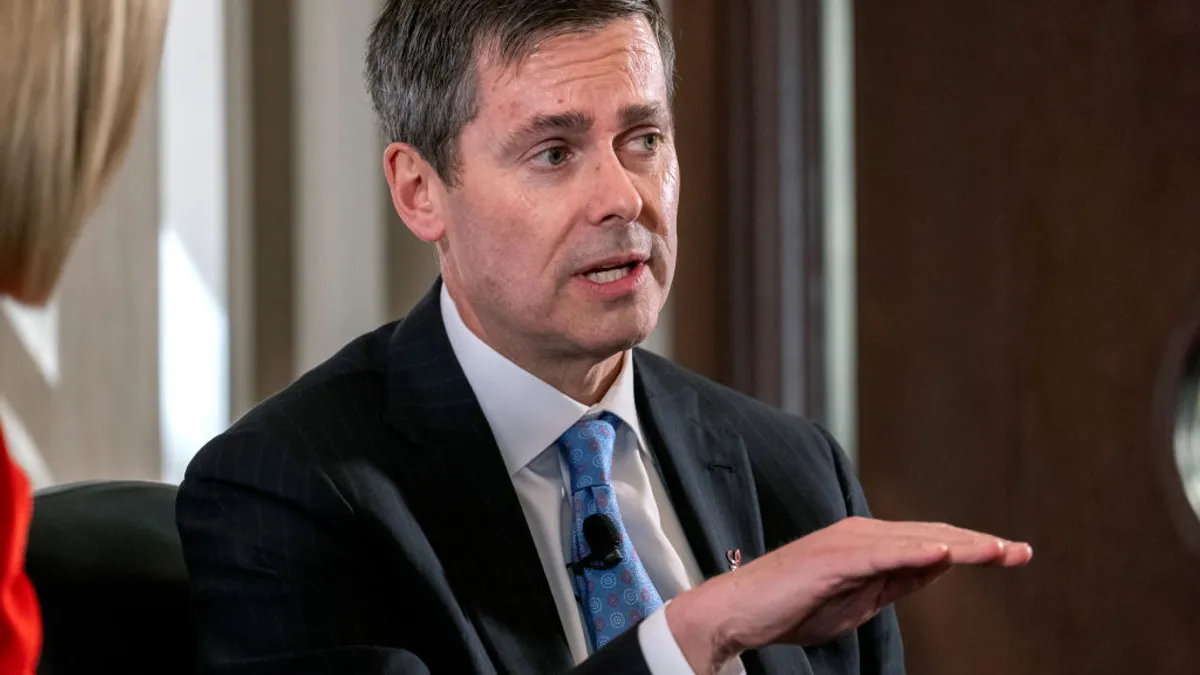Using Digital Across the Spectrum to Improve Care
Trending Now: Patients, especially millennials, are open to online healthcare engagement.
NPR Study Shows Americans -Willing to Share Health Data, ?with a Caveat
A new study from NPR and Truven Health Analytics of 3,000 Americans shows that there is a willingness to share health data, but only if it’s anonymous. Likewise, while the PEW Internet group found that health data are considered sensitive, concerns about privacy are very low:
- 16% are worried about their health insurer
- 14% are worried about their hospital
- 11% are worried about their doctor
- 10% are worried about their employer
Survey work by Ponemon found that people say they are concerned about security and privacy in a general way. But when asked more specifically, medical record privacy usually drops to the lowest quartile of concern, says Larry Ponemon, chairman and founder of the Ponemon Institute.
For more information, visit npr.org

Reach Millennials Online
There are about 76 million millennials — between the ages of 18 to 32 years old — in the United States. About 40% of this group is African American, Latino, Asian, or a racially mixed background, and about 20% have at least one immigrant parent. According to Pew Research, millennials may soon surpass boomers in numbers and in importance for many products and services. Researchers say marketers would be wise to not apply old marketing formulas to millennials.
Reports say millennials care about their health and happiness and worry about cost, and millennials are more stressed, anxious, and depressed than any other living generation. The inVentiv/Harris report, Millennial Mindset: The Worried Well, finds millennials are often perceived as healthier than their boomer counterparts, but they worry about their health as much as boomers.
Case in point, 77% of adult millennials and 74% of boomers say they worry at least a little about affording the cost of healthcare. In fact, millennial adults worry about their access to healthcare even more than boomers — 69% vs. 60% worry at least a little. Internet and Dr. Google are the PCP of choice.
People in this age group have been constantly exposed to computer-based technology and have never known a time without the Internet. The inVentiv/Harris report suggests that 37% of millennials self-diagnose with health problems that they don’t have, and that 44% say viewing health information online causes them to worry about their health.
IBM Watson to Pilot App ?to Improve Care

The IBM Watson Group’s investment in Pathway Genomics Corp. is a model for the types of partnerships that are bringing big data to the healthcare consumer marketplace, according to Kalorama Information. IBM hopes to use Watson, its cognitive technology, and big data — enormous medical datasets — to transform the quality and speed of care delivered to individuals through individualized, evidence-based medicine. Pathway Genomics, a clinical laboratory that offers genetic testing services globally, plans to help deliver the first-ever cognitive consumer-facing app based on genetics from a user’s personal makeup.
IBM is investing in Pathway to position both companies on the cutting-edge of offering truly personalized wellness information. The new mobile app, Pathway Panorama, will be designed to call upon Watson’s unique ability to uncover insights from big data by understanding the complexities of human language in medical journals and clinic trial data.
For more information, visit kaloramainformation.com
23andMe Genome Service ?Gets -Approval in UK
 23andMe, a personal genetics company, has launched its CE marked Personal Genome Service in the UK, with more than 100 reports offering health, trait, and ancestry information. This service is no longer available in the United States, as the FDA ordered the company to not offer its services until it receives regulatory approval.
23andMe, a personal genetics company, has launched its CE marked Personal Genome Service in the UK, with more than 100 reports offering health, trait, and ancestry information. This service is no longer available in the United States, as the FDA ordered the company to not offer its services until it receives regulatory approval.
The 23andMe Personal Genome Service (PGS) is not a diagnostic, but includes results for genes associated with certain inherited conditions such as cystic fibrosis or sickle cell anemia. The PGS also tests for genes that may reveal risk factors for certain diseases or conditions and how someone may respond to specific medications.
To date more than 600,000 23andMe customers have elected to participate in research, helping the 23andMe research team identify hundreds of new genetic associations. Evidence from existing 23andMe customers based in the UK revealed that more than 70% of customers found their reports extremely valuable. A quarter had shared the results with their doctor, and only 4% had requested additional testing or made a special appointment with their doctor to discuss the results.
EHR App Uses Fingerprint Security
Mobile-focused EHR company drchrono has updated its iPad-based EHR and smartphone-based PHR so that both can be accessed with Apple’s Touch ID, a security feature that was added to the latest generation of iPads and iPhones.
Touch ID allows the user of an iOS device to save his or her fingerprint to the device and sync it up with a passcode. Then, in situations where the user would normally type a passcode, the user can simply press a fingertip to the phone’s start button instead. (PV)


















